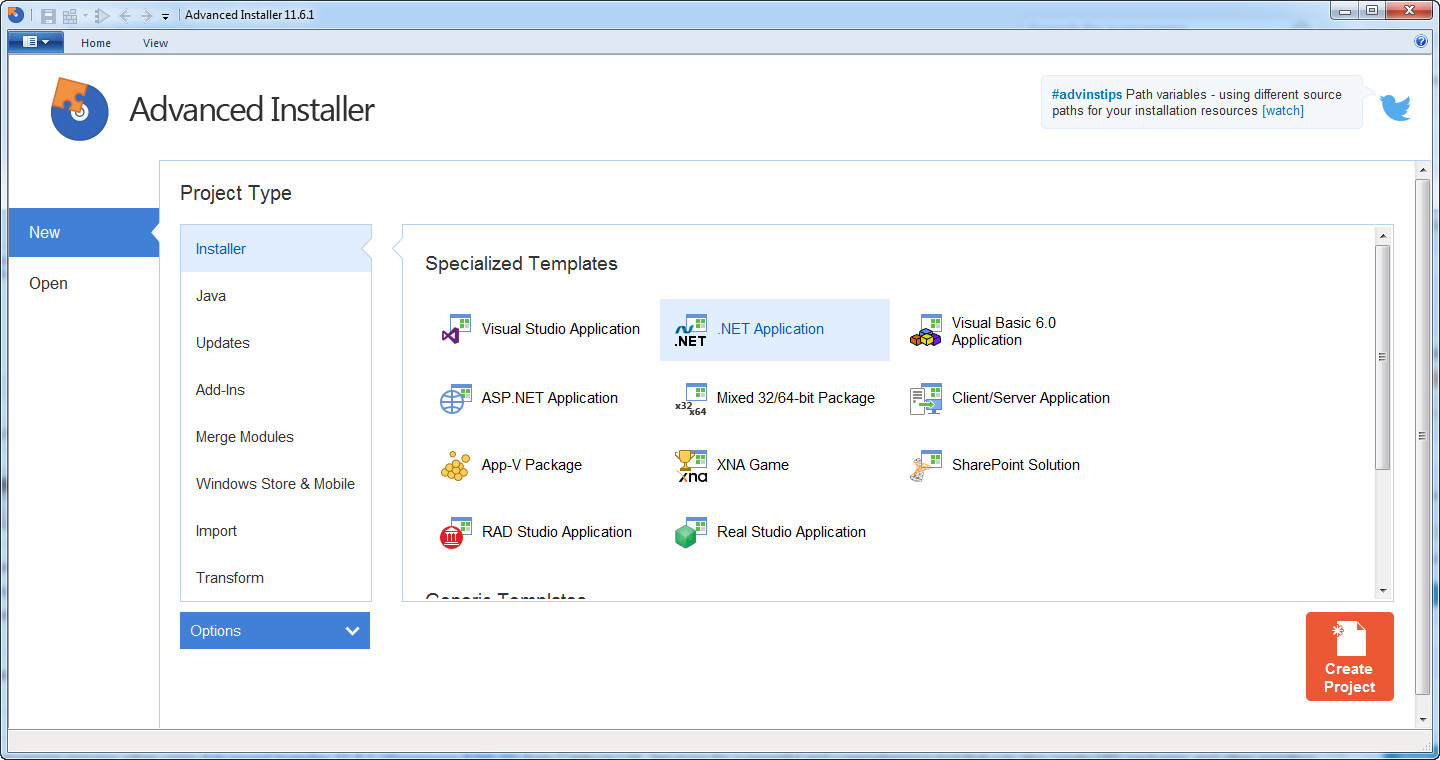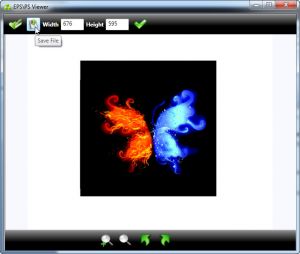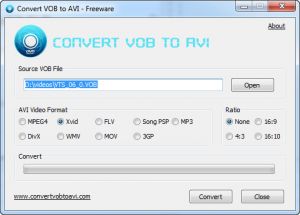 How to convert EXE to MSI with Advanced Installer
How to convert EXE to MSI with Advanced Installer
Converting an EXE file to MSI format can prove to be quite useful if you are a system administrator in need to deploy the Executable Installer packages via Group Policy. The MSI package can be used to deploy applications on multiple machines via the Active Directory GPO (GPO stands for Group Policy Object and represents the collection of settings that define what a system will look like and how it will behave for a defined group of users). MSI packages can also enable you to perform unattended installation of multiple applications with just one single click.
You may also need to convert an EXE file to MSI if you are a software developer looking to wrap their product in an MSI package which provides additional advantages, like the aforementioned distribution via group policies under active directory.
I will describe the EXE to MSI conversion process when using Advanced Installer 11.5.1 (Shareware $399.00) from Caphyon Ltd., because it’s a powerful and comprehensive tool that can also create MSI packages and other installers from scratch.
Tutorial assets
You will need to download the following software to follow along with this tutorial.
Below, you will see the step-by-step guide for creating MSI packages from EXE files
Step 1
Start a "MSI from EXE(s)" project by going to the application’s “Start Page” and selecting “Import” > “MSI from EXE(s)” project type.
Start a project
Step 2
Enter details about your product in the first window of the launched wizard (app name and organization).
Step 3
Set the project location, output folder, and package name.
Step 4
Select the EXE packages you want to include in the output MSI (from disk or from an URL).
Step 5
Choose to “Build” the project or press “Finish” to tweak it more thoroughly.
Tweak the project
Conclusion
Congratulations! You have now turned your EXE files into a MSI installation package. Converting EXE files to MSI using Advanced Installer 11.5.1 can seem to be a little complicated at first, but, if you follow this step-by-step guide (and with the help of the built-in wizard), you should have no problems whatsoever completing the task. If you are looking for more straightforward conversion options or specialized conversion tools, check related programs for alternatives.
- Easy-to-use, as a handy wizard guides you step-by-step through the basic stages of the conversion.
- Allows setting and controlling many details regarding the resulting project, such as pre-requirements, digital signatures, etc.
- Batch converting multiple EXE packages to MSI not supported.
- A bit pricey.
Alternative downloads
-
 Advanced Installer
$499
windows
It can be used to create installation packages for your Windows applications.
Download
Advanced Installer
$499
windows
It can be used to create installation packages for your Windows applications.
Download
-
 Exe to msi Converter
free
windows
If an application comes without a .msi file you cannot use the deploying by using GPO.
Download
Exe to msi Converter
free
windows
If an application comes without a .msi file you cannot use the deploying by using GPO.
Download
-
 Exe to msi Converter
Pro
$299
windows
Exe to MSI converter enables IT administrators to convert exe installers to the Windows Installer (MSI) packages.
Download
Exe to msi Converter
Pro
$299
windows
Exe to MSI converter enables IT administrators to convert exe installers to the Windows Installer (MSI) packages.
Download
-
 MSI Wrapper
free
windows
This free tool allows you to convert executable setup programs to MSI packages fast and easy.
Download
MSI Wrapper
free
windows
This free tool allows you to convert executable setup programs to MSI packages fast and easy.
Download






Comments
Subscribe to comments